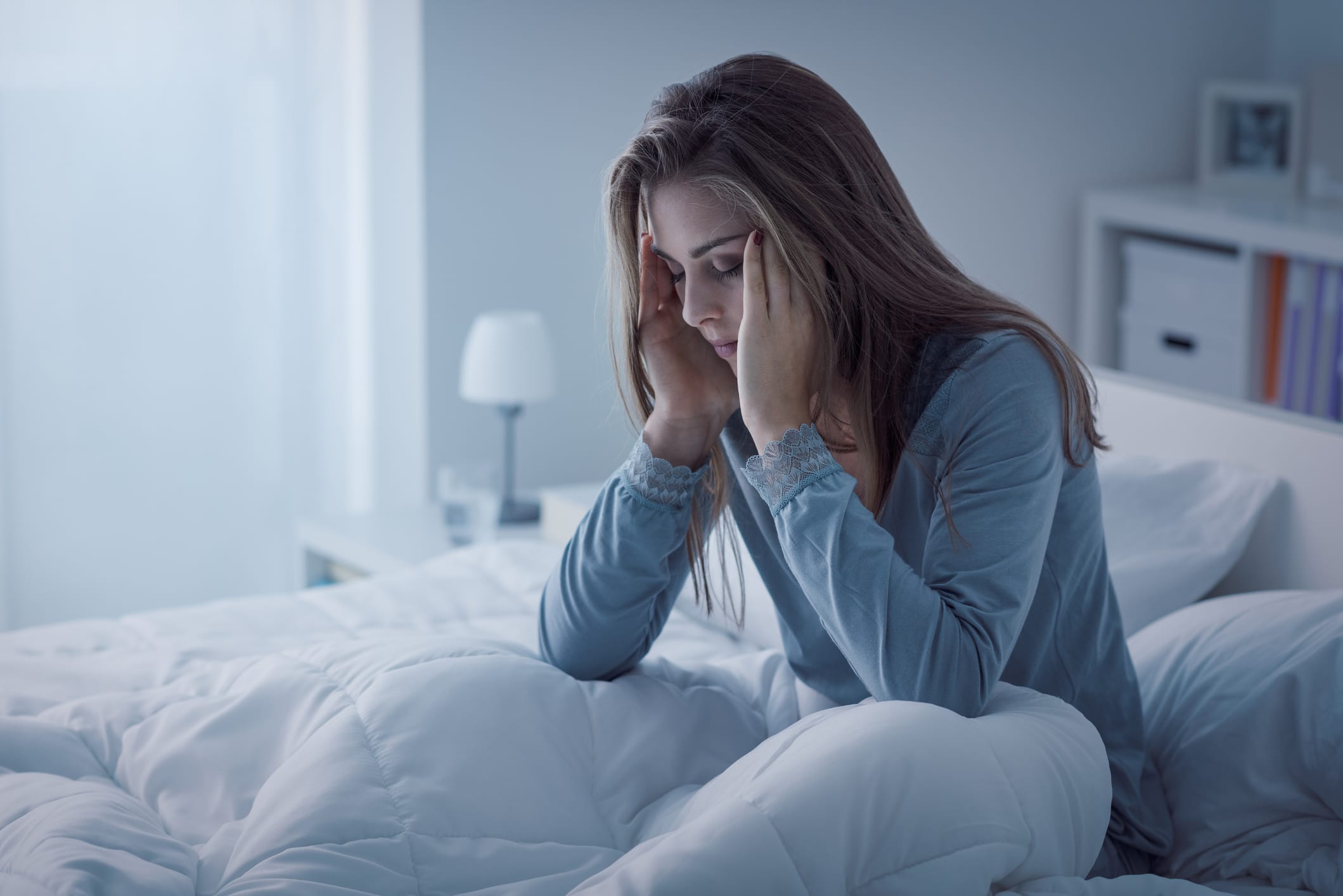What is inhalation sedation?
It is a behaviour management technique that uses a mixture of a sedative gas (called Nitrous Oxide or more commonly known as Laughing Gas) and Oxygen to assist the patient to cope with fear and anxiety and cooperate with dental treatment.
Who could be sedated?
Best candidates for inhalation sedation are patients who have a mild to moderate level of anxiety that prevents good coping skills. For dental patients with moderate to severe levels of anxiety, intravenous sedation is recommended.
Inhalation sedation is also very useful for people with increased gag reflex. It is also helpful for children who do not understand how to cope in a cooperative fashion for the delivery of dental care. Inhalation sedation is great for needle phobic patients as it does not require any injections for its administration.
Why utilise inhalation sedation?
This form of sedation aids in allowing the patient to cope better with dental treatment and to relieve stress and anxiety reducing thus the need for more advanced pharmacological IntraVenous sedation or general anaesthesia (hospital based).
It is a very helpful tool in the behaviour management of the phobic patient as it helps the desensitization process. The patient does not lose consciousness during treatment being thus able to come in terms with his/her dental phobia and confront his/her fears.
Additionally inhalation sedation can provide some degree of supplementary analgesia in those cases that numbing the teeth with a local anaesthetic alone is problematic or insufficient.
Is Inhalation Sedation safe?
Careful pre-sedation evaluation is very important. We will ask you to fill a medical history form prior to your assessment appointment and will discuss with you any particular concerns prior to treatment.
Generally speaking dental treatment under Nitrous Oxide inhalation sedation is a safe technique as it provides continuously high levels of oxygen all the way through treatment (at least 30% oxygen is administered when the atmospheric air contains only 21%). In addition we will monitor your vital signs and record it for the duration of treatment.
What special instructions should I follow before the sedation appointment?
It is very important to follow the directions of our inhalation sedation trained dentists regarding fasting from fluids and foods prior to the sedation appointment. We recommend that fluids and a light meal should be taken not later than 2 hours prior to the sedation appointment to minimise the risk nausea and vomiting.
What special instructions should I follow after the sedation appointment?
Our staff will not discharge you until you are alert and ready to go. Children who have been sedated are usually requested to remain at home for the rest of the day with adult supervision.
Our staff will discuss specific post-sedation instructions with you, including appropriate diet and physical activity.
You will need to make your arrangements for post-operative transport in advance. It is strongly advisable that you bring a responsible adult with you to assist you with going back home and you should not use public transport to return home.

